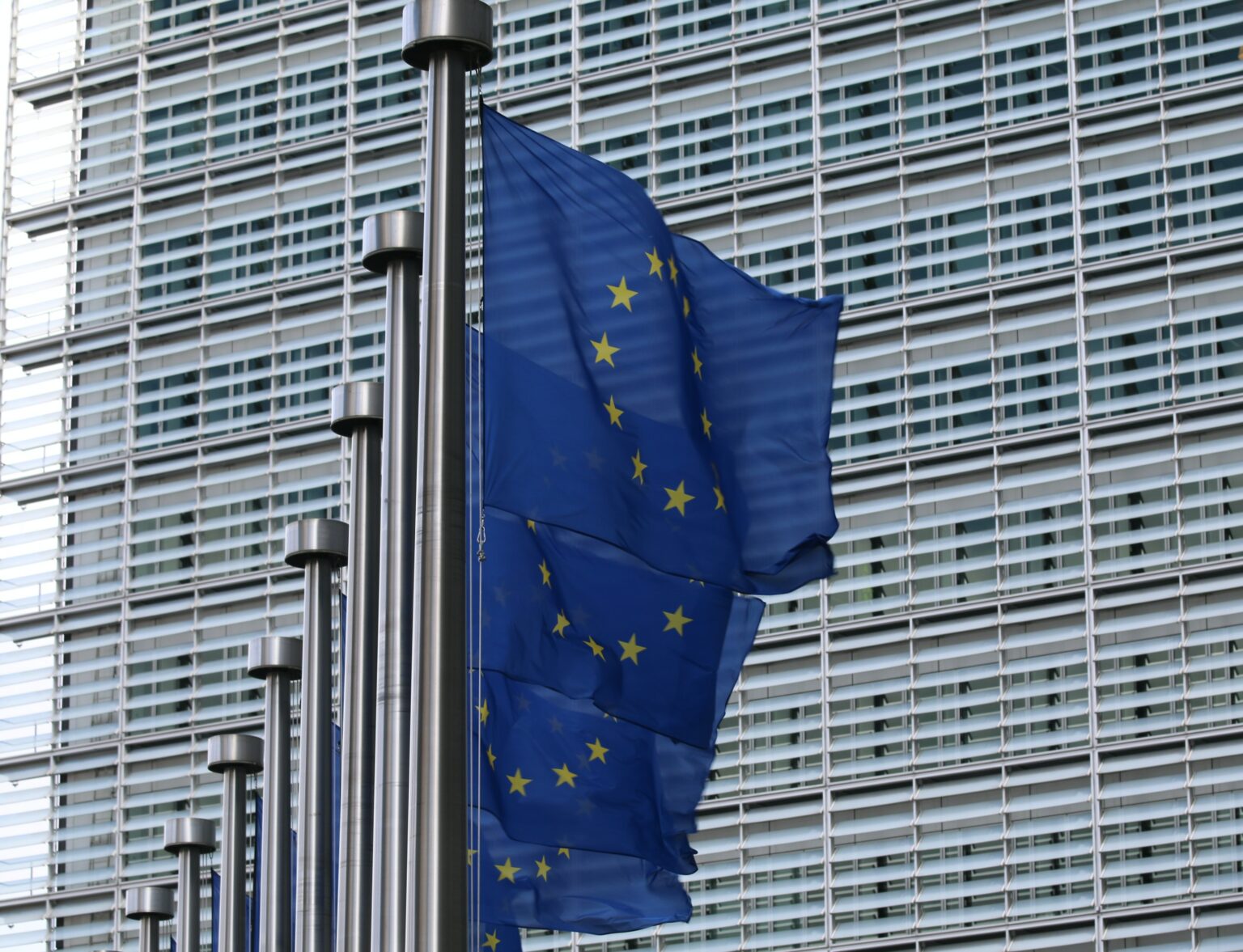In a recent joint letter addressed to European policymakers, industry players, NGOs, and think tanks have raised significant concerns regarding the definition of low-carbon hydrogen within the European Commission’s forthcoming delegated act (DA).
While the initiative signals a collective effort towards promoting sustainability within the energy sector, critical examination reveals complexities and challenges that demand careful consideration.
The signatories, including prominent entities such as the Renewable Hydrogen Coalition and Transport & Environment, emphasize the need for a robust definition that aligns with the mandates outlined in the Hydrogen and Decarbonised Gas Market Directive. Expressing apprehension towards the proposed “quick” definition, they argue that a rushed approach may compromise the effectiveness and integrity of the regulatory framework.
Acknowledging the building blocks laid out by the European Parliament and Council in December 2023, the joint letter advocates for concrete and measurable proposals to substantiate these foundations. Key elements proposed for inclusion encompass defining hydrogen production pathways, conducting comprehensive lifecycle emissions assessments, and implementing stringent carbon capture and storage measures.
Central to the discourse is the call for an accurate and transparent emissions monitoring and verification system, facilitated by an independent third-party. Such measures are deemed essential for upholding accountability and instilling confidence among stakeholders, thereby fostering a level playing field conducive to sustainable practices.
In addition to the core parameters, the joint letter underscores the importance of introducing supplementary safeguards to reinforce the integrity of low-carbon hydrogen standards. Proposals include restrictions on carbon offsetting and the implementation of clauses to prevent the exploitation of existing gas production capacity for low-carbon hydrogen production.
